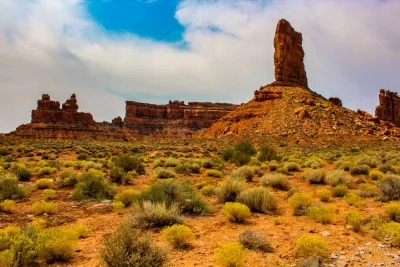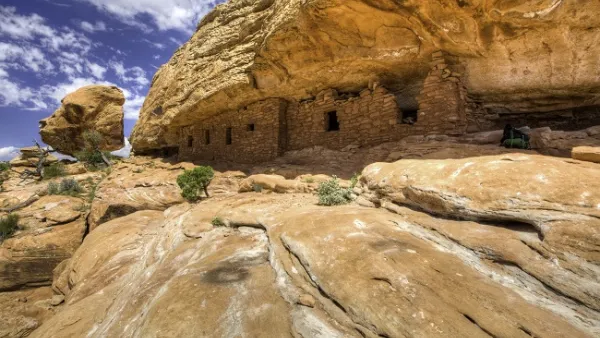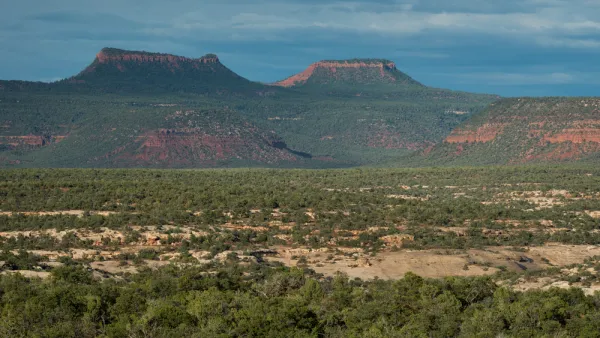A new report highlights the mechanisms the President and his Cabinet could use to protect U.S. land and water resources without going through Congress.

A report from the Center for American Progress outlines actions that President Biden can potentially take to protect U.S. lands and waters without Congress.
According to an article by Maxine Joselow and Vanessa Montalbano in the Washington Post, “The actions include designating new national monuments and national marine sanctuaries; conserving old-growth and mature forests; barring future mining and drilling on public lands; and harnessing new conservation funding from the recently passed climate law and the bipartisan infrastructure law.”
The report highlights tools available to the President and the Cabinet, such as the 1906 Antiquities Act. During his presidency, President Obama designated 26 national monuments spanning 88.3 million acres, more than any other president.
Establishing new national monuments, the report states, could protect thousands of acres of critical habitats and cultural resources. “The report also calls on Interior Secretary Deb Haaland to withdraw sensitive and sacred lands from future drilling and mining.”
FULL STORY: Report details how Biden can protect 30 percent of U.S. lands and waters by 2030 without Congress

National Parks Layoffs Will Cause Communities to Lose Billions
Thousands of essential park workers were laid off this week, just before the busy spring break season.

Retro-silient?: America’s First “Eco-burb,” The Woodlands Turns 50
A master-planned community north of Houston offers lessons on green infrastructure and resilient design, but falls short of its founder’s lofty affordability and walkability goals.

Delivering for America Plan Will Downgrade Mail Service in at Least 49.5 Percent of Zip Codes
Republican and Democrat lawmakers criticize the plan for its disproportionate negative impact on rural communities.

Test News Post 1
This is a summary

Test News Headline 46
Test for the image on the front page.

Balancing Bombs and Butterflies: How the National Guard Protects a Rare Species
The National Guard at Fort Indiantown Gap uses GIS technology and land management strategies to balance military training with conservation efforts, ensuring the survival of the rare eastern regal fritillary butterfly.
Urban Design for Planners 1: Software Tools
This six-course series explores essential urban design concepts using open source software and equips planners with the tools they need to participate fully in the urban design process.
Planning for Universal Design
Learn the tools for implementing Universal Design in planning regulations.
EMC Planning Group, Inc.
Planetizen
Planetizen
Mpact (formerly Rail~Volution)
Great Falls Development Authority, Inc.
HUDs Office of Policy Development and Research
NYU Wagner Graduate School of Public Service




























